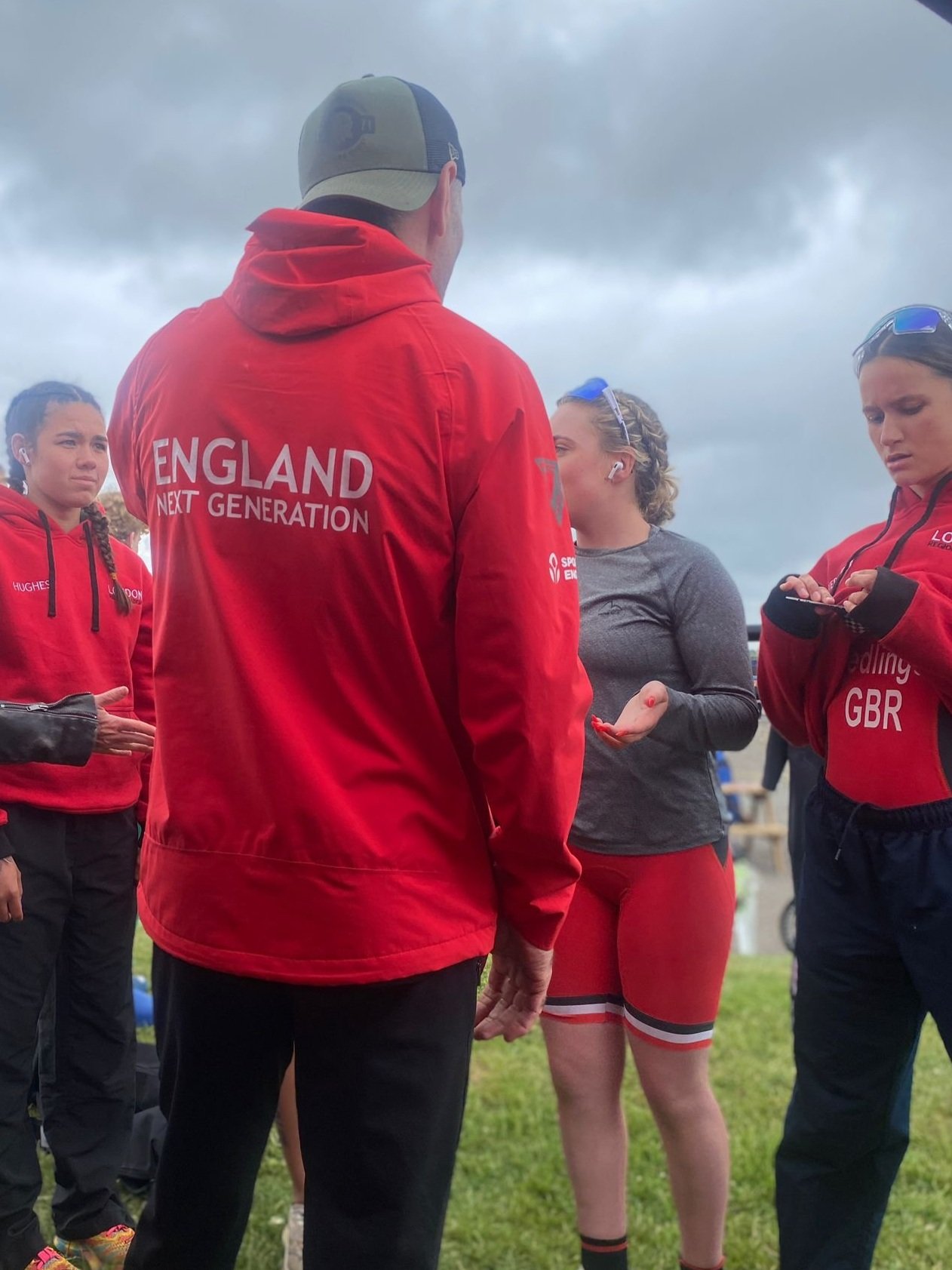
Triathlon Coaching
Can Mental Toughness Be Trained?
Firstly, what is mental toughness?
Is it never having those thoughts of quitting or slowing down? No, this is natural.
To me, mental toughness is about finding a way to deal with these moments, coming through adversity/ a wobble, and maybe, just maybe having a wee smile to yourself when you do!

